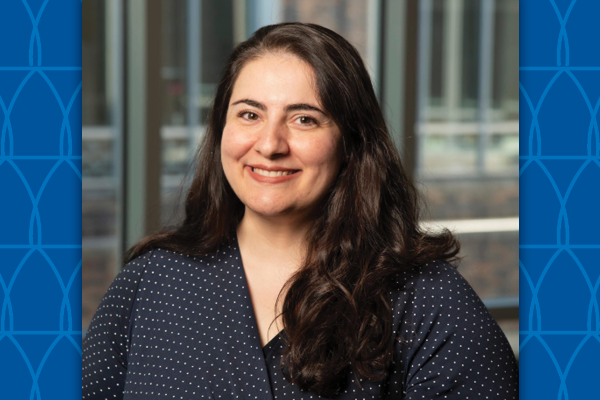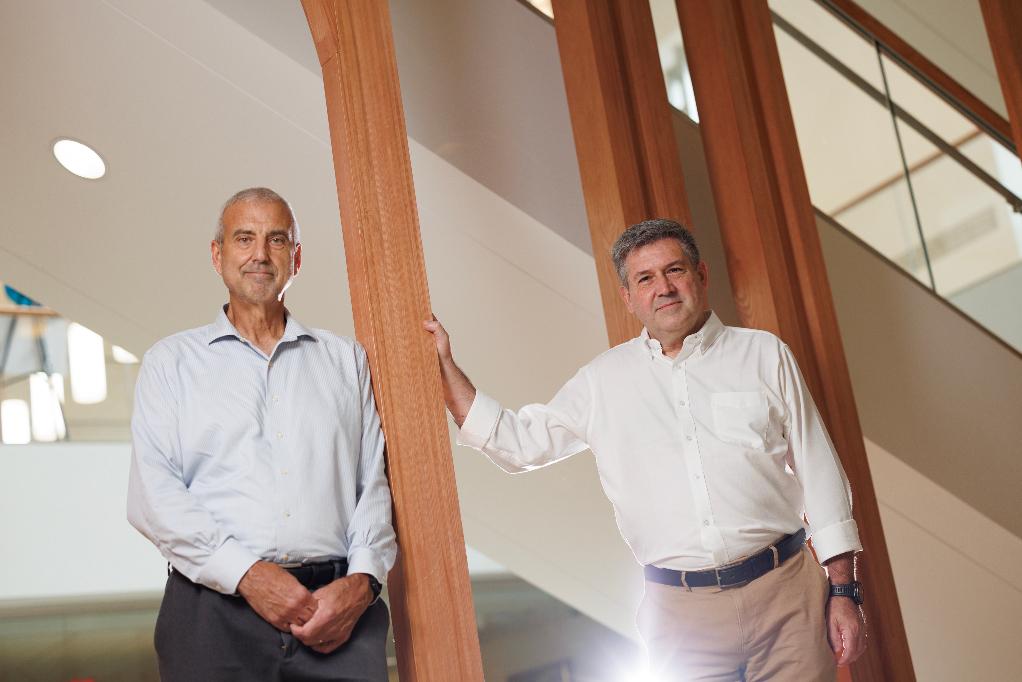2025 Year in Review
The Road Ahead
As 2025 draws to a close, I want to warmly wish everyone a joyful holiday season and a prosperous New Year. This past year presented many challenges to academic medicine and biomedical sciences in the United States. Changes in federal research funding policies had a significant impact on our department and the School of Medicine, leading to a pause in faculty recruitment and some reorganization of administrative support. Fortunately, thanks to all of your hard work, we’re now recovering from these early setbacks and planning carefully for the road ahead.
Duke School of Medicine launches $3.2 million effort to 3D-print a living lung
Duke University and Penn State receive $3.2 million from NIH to bioprint a breathing lung model for flu-bacteria research and vaccine breakthroughs.
Immune Profiling Services Move to DCI Flow Core: 4 Key Updates for Faculty
This change ensures continued access to critical services in a more sustainable, cost-effective way, plus new offerings and higher standards for clinical research.
Neuro-Immune Link Could Shape Brain Development, Study Finds
Research from the lab of Staci Bilbo, PhD, adds to a growing body of work showing the brain doesn’t develop on its own.
What Makes Immune Cells Switch Personalities?
When the gut, lungs, or skin encounter harmful bacteria or fungi, many different immune system cells can respond. One type, interleukin-17-producing γδ T (Tγδ17) cells, are usually helpful, but if they get out of balance, they can contribute to autoimmune diseases or even help cancer grow.
Building Better Immunotherapy
Thanks to the collaborative work of immunologist José Ramón Conejo-Garcia, MD, PhD, and cancer specialist Scott Antonia, MD, PhD, CAR-T cell therapy may soon help more patients fight cancer.
Explainer: Why Universities Need Support for Research Facilities and Administrative Costs
The National Institutes of Health's proposal to cap reimbursement of facilities and administrative (F&A) costs on research grants at 15% would significantly slow or cease scientific and biomedical research at Duke and other research institutions. Here is an explanation of what F&A costs are and why they are such a critical piece of the research endeavor.
IIB Alum Marco L. Davila, MD, PhD, to Present Talk at Duke
Marco L. Davila, MD, PhD, of Roswell Park Comprehensive Cancer Center, will present, “Mechanisms of Toxicity and Treatment Resistance to CD19- targeted CART cells” at Duke Cancer Institutes’ Seminar Series on Wednesday, January 22, 2025, at 8AM.
Study in Mice Links Immune System to ADHD, Neurobehavioral Conditions
Building on research that has linked immune responses with certain neurobehavioral conditions, researchers at Duke Health have identified how a key infection-fighting function is involved in triggering hyperactive behaviors in mice









